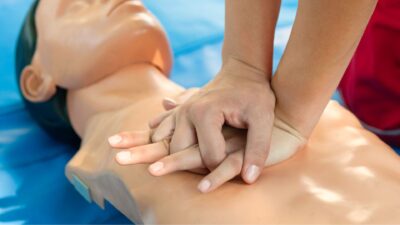
CPR Training for Warehouse Workers in Dallas
Warehouse environments are fast-paced, physically demanding, and filled with potential hazards. Employees work long shifts handling heavy materials, operating machinery, and maintaining tight production schedules. In these conditions, medical emergencies can happen unexpectedly. Having proper cpr certification equips warehouse workers in Dallas with the skills and confidence to respond quickly when a co-worker, contractor, or…
Read More







